Setting up predictable bedtime routine for kids can help toddlers and children have happier, less cranky days. Adults can underestimate how much sleep children really need – so we are here to help you out by giving you a little guidance, as well as helping with nap times by age. Any help with sleep schedules is good help, right? We’ve got a bedtime by age chart too, as well as general guidance for everyone below.

Finding that perfect bedtime routine and perfect bedtime for your child can be difficult. But it is advisable to start off with healthy sleep habits from as young an age as possible. So we have some guidelines that will help you set up a bedtime routine and schedule that supports your child’s growth.
This is an excellent graphic looking at sleep needs from EdpsychEd – its a sort of sleep chart by age. EdpsychEd provide an excellent series within their Parent Hub on helping you understand and work through child sleep issues. Why not check them out? It only costs £7.99 for loads of resources on lots of different kids’ issues, so it is worth a look.
Meantime, check out our what time is bedtime and other advice for each age below – hopefully you will find what works for you and your child.
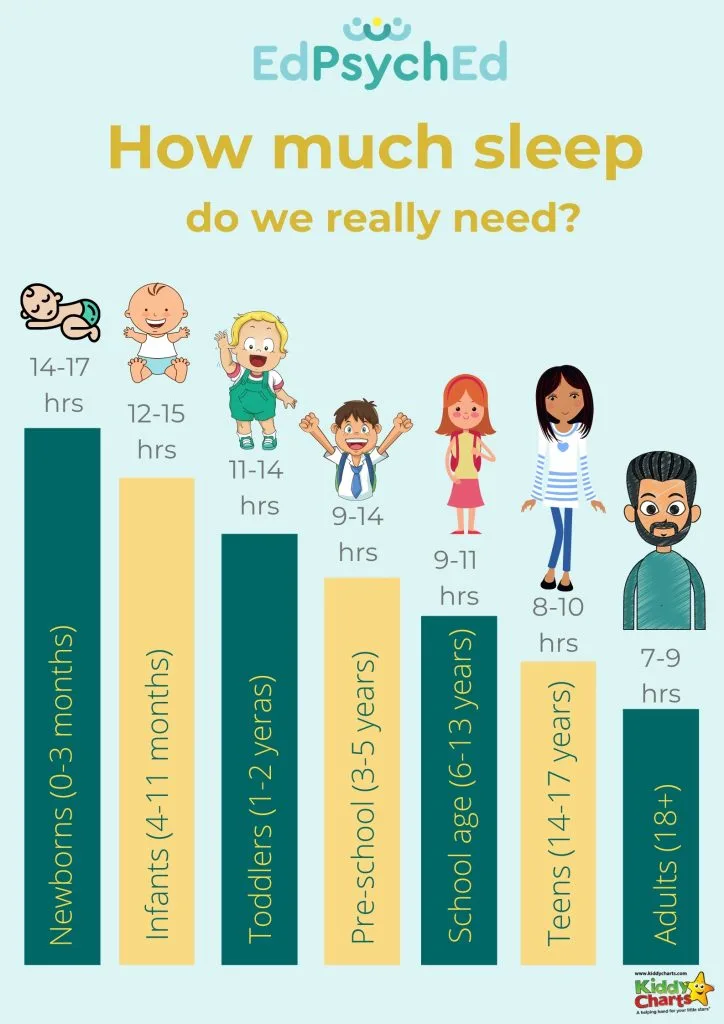
Bedtime for 1 year olds
One year old babies need more sleep than most people realize.
A one year old needs between 11 and 14 hours of sleep a day with the majority being overnight.
Between 12 months and 18 months old babies usually take two naps, one short nap in the morning and one longer nap in the afternoon, typically not more than 3 hours of daytime sleep.
Sometime around 18 months old, babies will start transitioning to one longer afternoon nap.
The ideal bedtime for 1 year old should be around 6:30 pm, and not usually later than 7 pm.
Do remember though, babies are beautifully unique, and they haven’t read the rule book, so don’t be too upset if your little one has their own ideas about sleep and nap time.
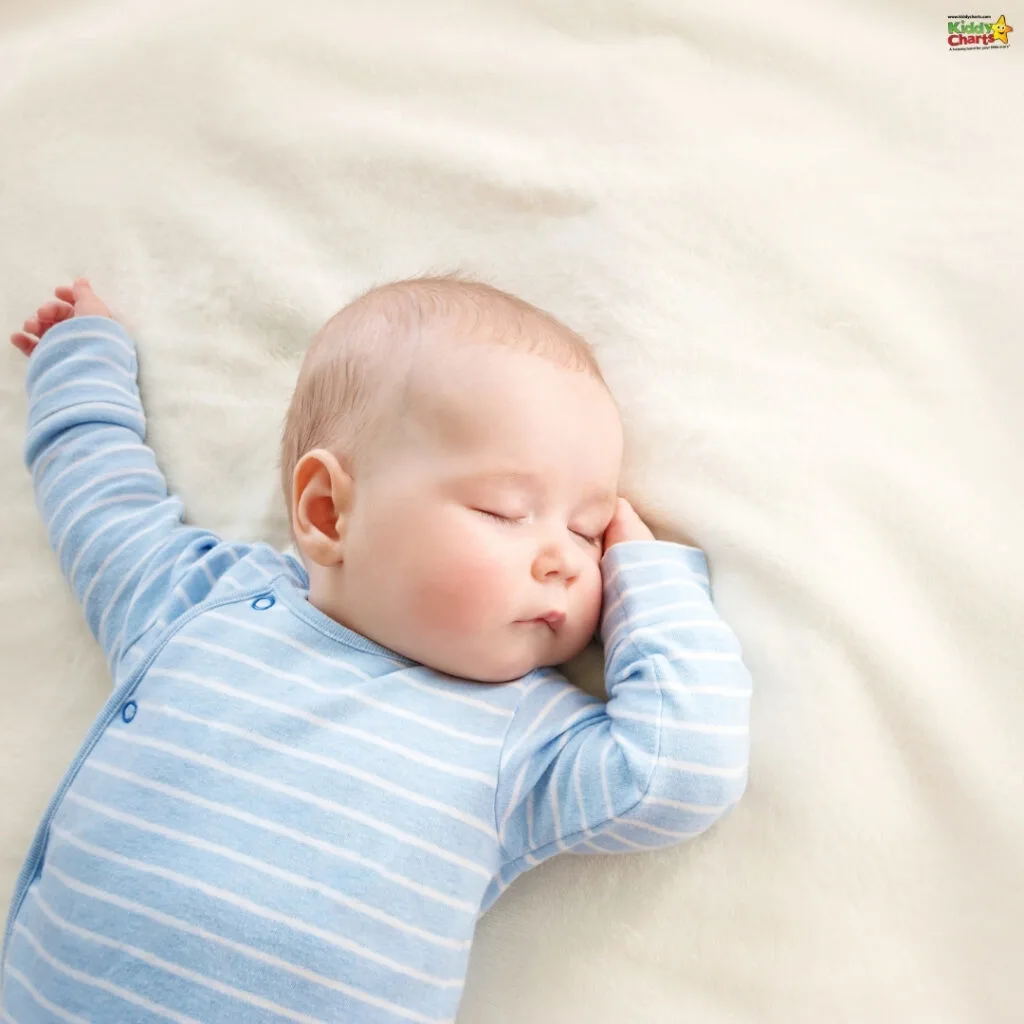
Bedtime for 2 year olds
Two year olds usually sleep around 11-12 hours a night and take one nap a day. If you are looking for info on 18 month old bedtime, then you do know your little one best, but its likely to be around 11 – 13 hours.
The best bedtime for 2 year olds is also around 6:30 pm or 7 pm every night.
Babies and toddlers get their best sleep between 8pm and midnight. Amazingly (!) nighttime sleep is the best sleep that little ones can have! 😂
Bonus tip: Toddlers who go to sleep at the same time every night tend to sleep through the night earlier than those with less regulated bedtimes. It is also less likely to result in sleep regressions too, which can happen when toddlers are developing as they get distracted by everything that’s going on, or over-tired.
Bedtime for 3 year olds
While many 3 year olds still take naps during the day, they still need the same 12 to 14 hours of sleep during the day, so their bedtime does not usually change to a later time, even if they seem like they are getting to be bigger kids.
Believe it or not, 7 pm is still a good bedtime for 3 year olds.
Bedtime Routine for Toddlers (ages 1-3)
Choose your child’s bedtime according to when they need to be awake in the morning, but try to get them to bed by 7:00/7.30 pm, because the golden hours of sleep for toddlers is between 8 pm and midnight. A toddler’s sleep is very important, so help them to have good sleep hygiene as soon as you can.
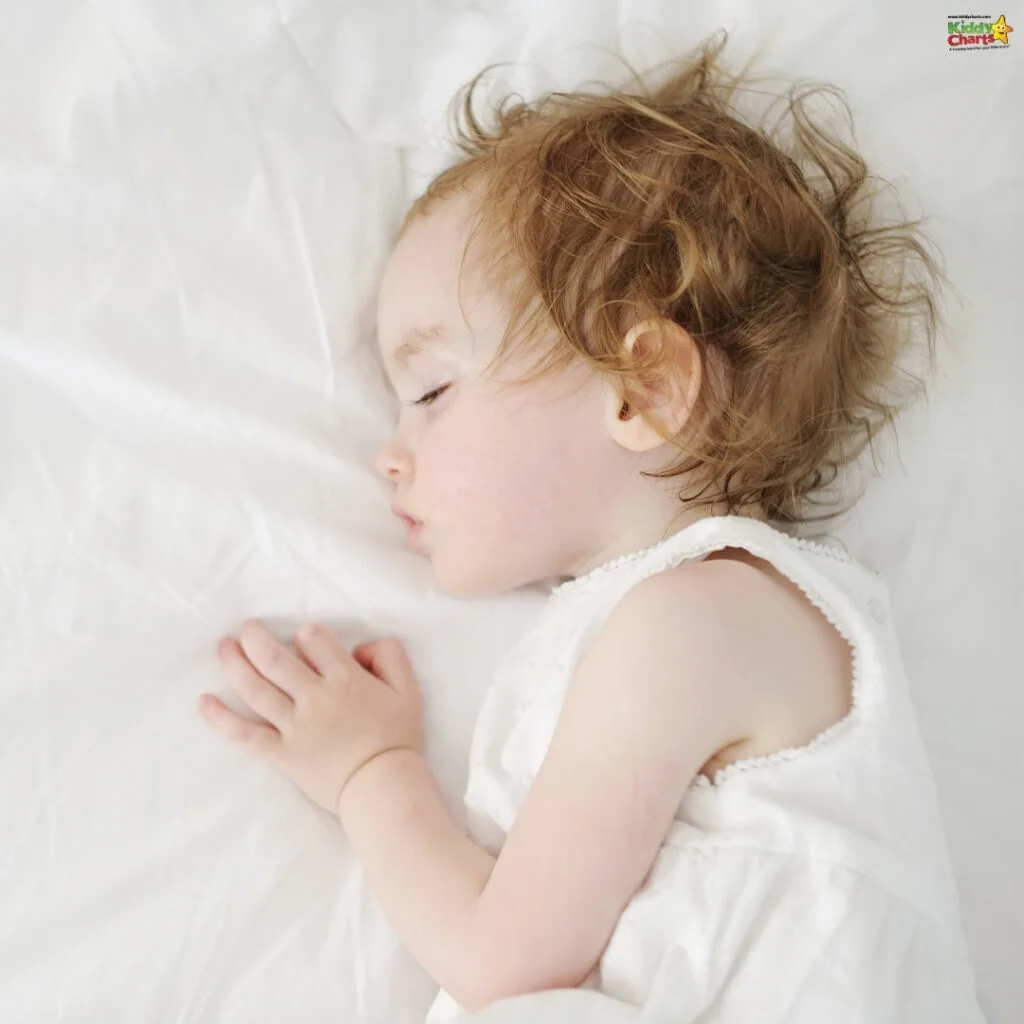
Sample Bedtime Routine for Toddlers
6:30pm Bath Time, brush teeth, and comb hair
6:45pm Story time or read a book together, and
7:00pm Soft music or white noise and time to say goodnight.
This bedtime routine for toddlers can be difficult to make work for working parents who are often getting home around 6 pm and still need to cook dinner and possibly help older children with homework.
If you have a partner, taking turns putting the baby down to sleep while the other parent cooks dinner and helps with homework can be extremely helpful. If you are on your own, it can help to batch cook over the weekend, or have something really easy to cook for your toddler’s dinner time that they can eat beforehand.
Naptime routines
Naptime routines should be a miniature version of your bedtime routine that should take less than 15 minutes. Getting into a routine helps to stave of sleep regression too.
12:45pm Wash hands and face, read a book together,
1:00pm Lay down for a nap, if you have special white noise or soft music you use at bed time, using it for nap time can help your child associate it with sleep regardless the time of day, and
3:00pm Time to wake up.
If your child sleeps too late, they will struggle to go to sleep at bedtime, which will result in an overtired child the next day. We know it is hard to wake a little one when they sleep, but sometimes it can be helpful if you don’t want them not to sleep at night….
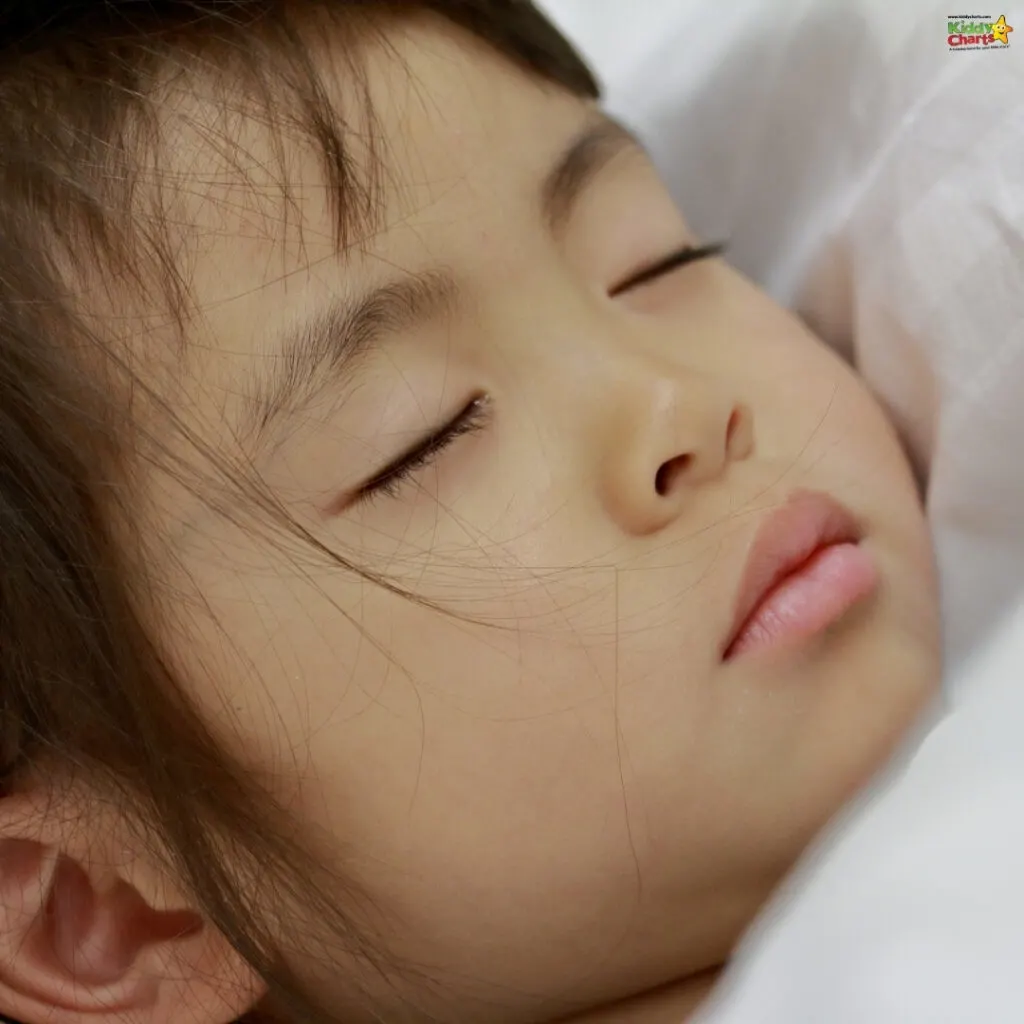
Bedtime for 4 year olds
Four years olds have mostly outgrown taking an afternoon nap. But according to Baby Sleep Site, 4 year olds still need 11-13 hours of sleep. Don’t forget that your little ones still need good sleep, even though they have dropped their naps.
While 4 years olds are transitioning out of nap times, they still need quiet time during the middle of the day. Giving them this can help to reduce those 4 year old bedtime battles when they become too over-tired at the end of the day.
For kids who have given up their naptime, they actually need to be going to bed a little earlier than when they were taking naps to get in the hours of sleep they need.
6:30 pm to 7:30 pm is an appropriate bedtime for 4 year olds.
Bedtime routine for 5 year olds
Five year olds are at a great age, they are getting ready to start school or already have.
Almost all 5 year olds have given up their day time naps, but still require around 11-13 hours of sleep at night.
Plan your 5 year olds bedtime based on about 12 hours before they need to get up in the morning. So if you child needs to be awake by 7am, then their bedtime should be about 7pm.
And don’t be worried if your child takes a while to give up their naps; just be prepared for a very child tired when they get back from school. It helps to factor quiet time after school for those that have only just stopped napping.
Bedtime routine for preschoolers (ages 4-5)
With your child giving up their daytime nap, they will need to get their full amount of sleep overnight at bedtime.
This is why your child’s bedtime may need to be earlier than you expect it. You still should be basing it around 12 hours before they need to be up.
You can help them get to sleep on time by hanging up black out curtains in their room to darken their room.
Sample bedtime routine for preschoolers
6:15pm – 6:30pm Bath time, brush teeth, comb hair,
6:30pm – 6:45pm Story time, read books and lullabies, and
6:45pm Time to turn out the lights, turn on the music or white noise machine, say goodnight.
Setting up a consistent bedtime routine for kids can help them be tired and ready for bed.
If your child struggles at first with falling asleep, don’t give in, they will readjust to the earlier bedtime.
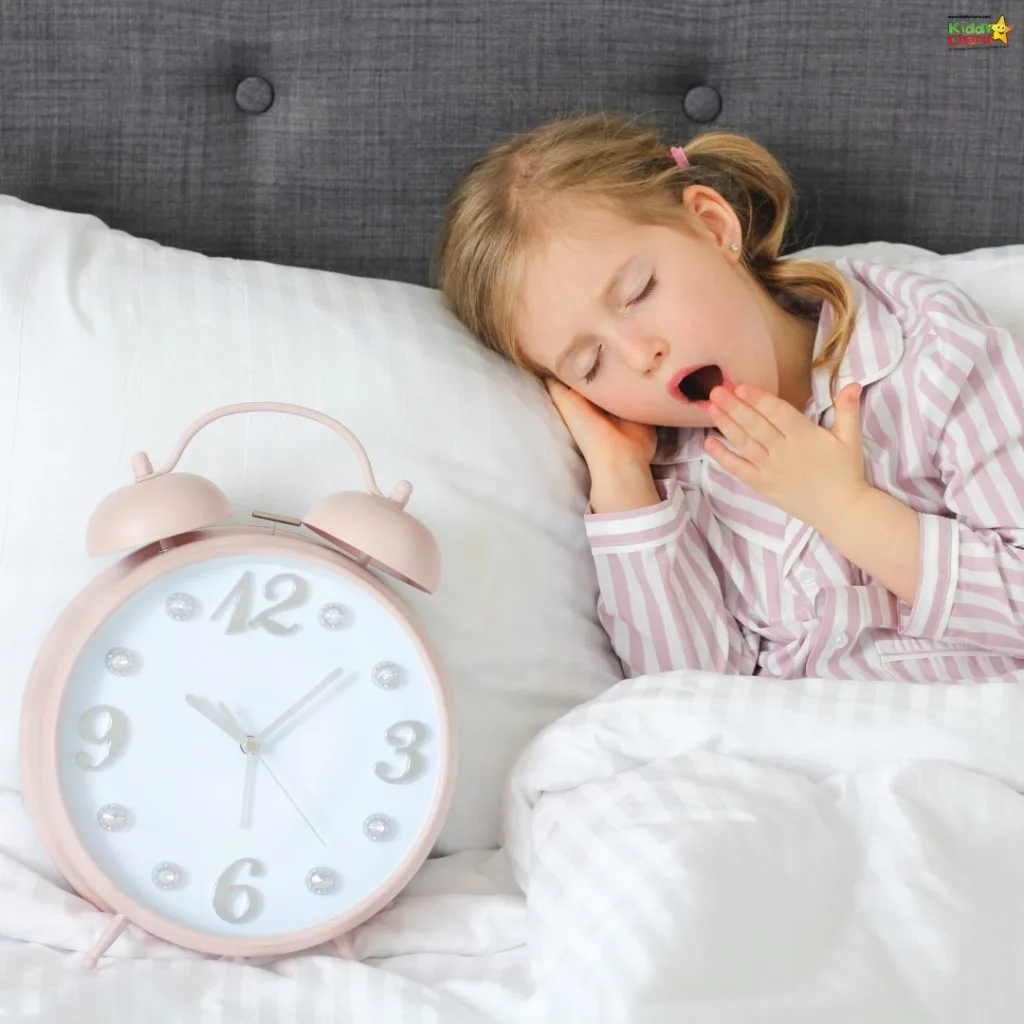
Bedtime routine for 6 year olds
According to the NHS, 6 to 12 year olds need between 9 and 12 hours of sleep (EdPsychEd recommend about 9 to 11 hours in their graphic, so there is a little give and take).
An average of 10.5 hours is a good range to shoot for with your elementary age child.
Because most 6 year olds are going to school, their wake up time is often dictated by how much time they need to get ready to go to school.
If your child needs to be at school by 8am and needs an hour to get ready, they would need to wake up around 7am. This means that the bedtime of a 6 year old should be around 8pm. Adjust things as you see fit, and for how it fits into your schedule.
If your child is still tired, do try moving their bedtime back by 30 minutes and see if it helps.
Bedtime for 7 year olds
7 year olds fall in to that broad umbrella of early elementary students when it comes to most sleeps studies, which conclude that they need between 9 and 12 hours of sleep.
But you know your child best, if your child is having a lot of afternoon tiredness, or is very grumpy when they get home from school, they probably need more sleep.
If your child isn’t getting enough rest at a standard 8pm bedtime for 7 year olds, try backing it down until 7:30pm or even 7pm.
You can slowly test out earlier times by trying to put your child to bed 15 minutes earlier than normal for a week, and see if their behaviors change.
If they are still hitting an afternoon slump, try another 15 minutes earlier than their new bedtime. Some children of this age do require the full 12 hours of sleep.
Bedtime for 8 year olds
While 8 year olds seem so much older and more mature than 6 year olds, their bodies require a similar amount of sleep, so we are still talking about 9 to 12 hours per day.
But with afterschool activities, children in this age range often get less sleep than they need to have optimal functioning.
While you can’t guarantee your child will be able to get to sleep at the same time every night due to activities, try to keep most nights, even weekends, to their regular bedtime.
A good suggestion for 8 year olds who wake up around 7 am is to be in bed by 8 pm.
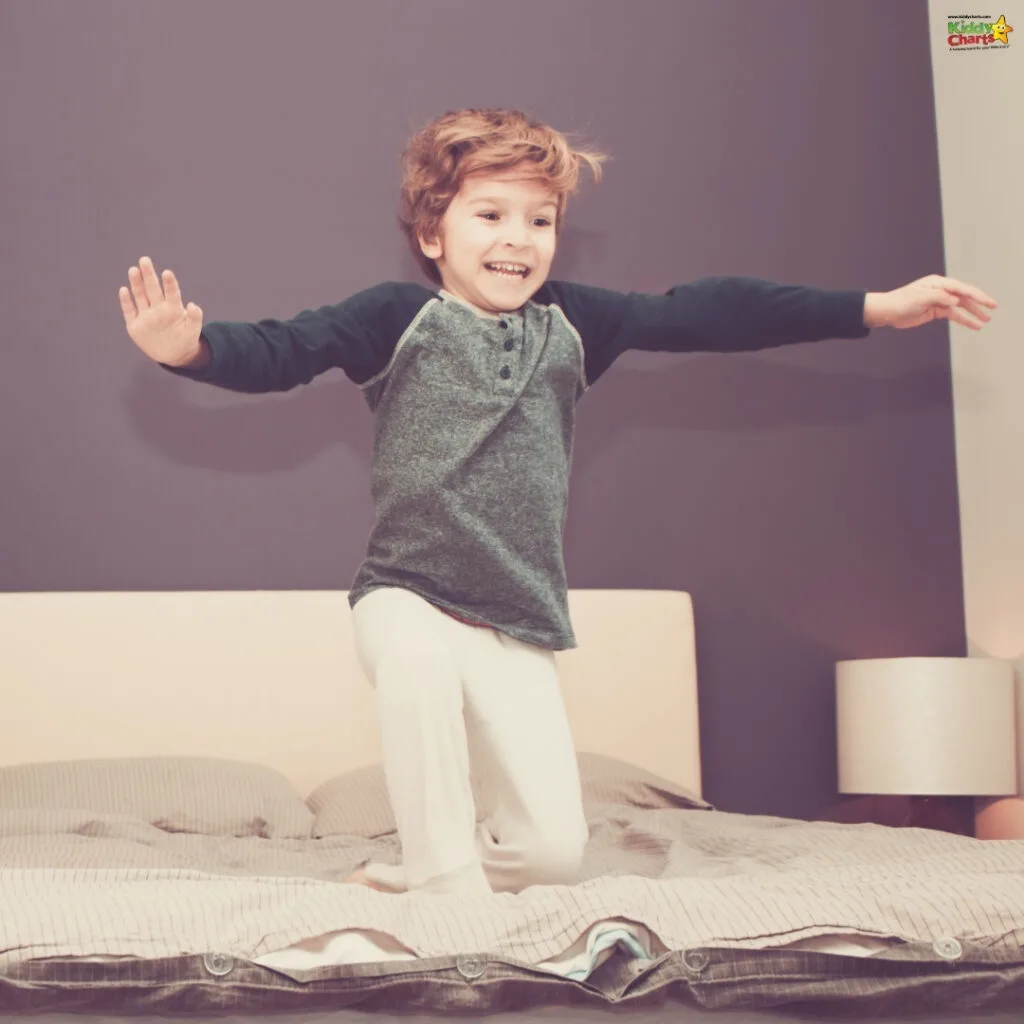
Bedtime for 9 year olds
As nine year olds grow, they may need less or more sleeping time than they did as when they were eight year olds.
While they still fall in that range of 9 to 12 hours of sleep, you may choose to move your 9 year old’s bedtime to 9 pm. As long as they are getting enough sleep, then a 9 pm bedtime is a good bedtime for them.
Just watch for any afternoon slumps and keep in contact with their teacher to see if they seem well rested at school.
Bedtime for 10 year olds
Ten year olds are starting to move into early puberty, and you may notice that their sleep patterns are changing to not being as tired at night.
But according to the National Sleep Fondation, 10 year olds still need between 9 and 11 hours of sleep every night.
Meaning the bedtime for a 10 year old could vary between 8pm and 10pm for a 7am wake up time.
A good base line bedtime for 10 year olds is 9pm, if your child is still tired make it 8pm, if your child is rested, but struggles to fall asleep, then try moving it to 10pm.
We recently moved our own 10 year olds sleep schedule back to 8:30pm because of a big growth spurt and being extra tired. It has helped tremendously.
Bedtime for 11 year olds
The National Sleep Foundation puts 11 year olds in the same category as 10 year olds requiring 9-11 hours of sleep a night, but they may need less sleep as they are growing to being teens.
A good bedtime for a 7am wake time, is 9pm for 11 year olds. But you can adjust this to how your child does with this bedtime.
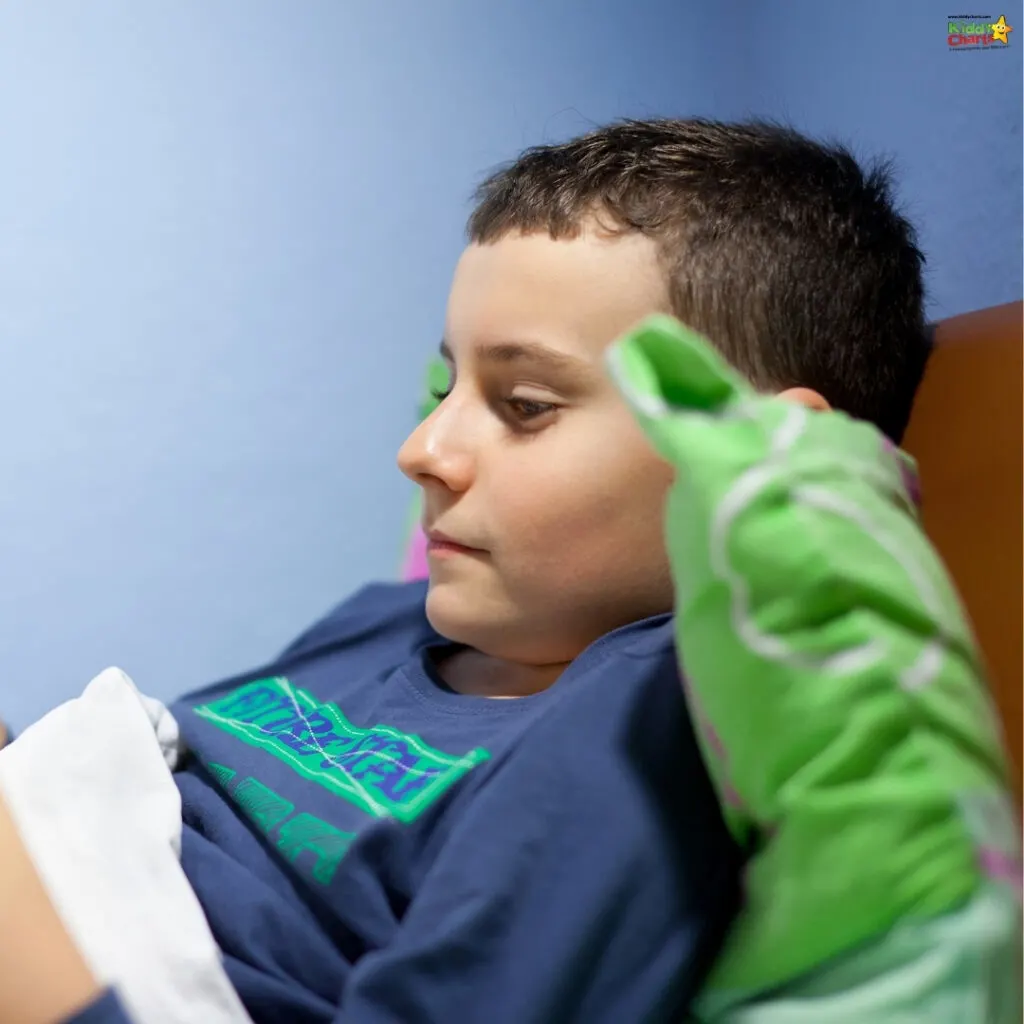
Bedtime for 12 year olds
12 year olds are getting older and have mostly moved into a junior high or intermediate school.
You may find your child needing more sleep as they move from elementary to an intermediate school.
While they went to bed at 9pm before, you may find that an 8pm bedtime can help your 12 year old navigate the stress of school better.
You know your child, but be prepared for a little resistance to moving to earlier bedtimes, so perhaps try and adjust sleep time at the weekends, or don’t be too quick to move sleep times when they are younger so you have a little more wiggle room! 😂
Bedtime for 13 year olds
Thirteen year olds are on the cusp of needing less sleep. You may already see your child only needing to sleep around 8 or 9 hours a night, but alternately your child may be requiring more sleep as they are hitting more growth spurts and changes as they go through puberty.
A median bedtime of 13 year olds is about 9pm. But your child may be well rested enough to go to sleep at 10pm and wake up at 7am.
Well rested should be the goal, but with after school activities, homework, and trying to spend time as family, the evenings usually don’t have enough time to go around.

Bedtime routine for school aged children (ages 6-13)
School age children start having more and more responsibilities when it comes to homework, chores and after school activities. Which can mean more of a rushed evening for families, especially for families where both parents work, or single working mothers.
A few hacks to make your evening smoother, is to use as many crockpot (slow cooker) meals and quick and easy dinners as possible. The less time you actually spend in the kitchen the less rushed the evening will feel.
If your child still has homework when they come home have them work on it while you cook dinner. We have even had my children read to me while we cooked to meet their required reading time.
Sample bedtime routine for school aged kids
6:30pm -7:00pm Dinner and chatting as a family,
7:00pm – 7:15pm Evening Chores as a family,
7:15pm – 7:45pm Shower, brush teeth and comb hair,
7:45pm – 8:00pm Reading together or just having time to chat before bed, and
8:00pm Lights out and time for bed .
Now if your child goes to bed later than this, they will probably need the extra time to work on homework or projects, but it can just be time to spend together as a family too.

In conclusion
Choosing an appropriate bedtime for your child needs to take into account your child’s schedule and how much sleep they need. While these are guidelines, they follow the current recommended amount of sleep from several sleep studies.
Remember though, your child is unique and may require more or less sleep.
Once you try a bedtime you can always adjust the bedtime to fit your child’s needs. Either later or earlier. You may even find that an appropriate bedtime that allows your child to get enough rest can actually reduce problem behaviors in your child.
We hope that you found this useful, do sign up to our newsletter if you have done:
There are also a few others articles covering sleep on the site:
Sleep related resources on KiddyCharts
We have a few articles that are relevant to sleep for kids - do check some of the other ones out.
Breathing exercises for kids to get a better nights sleep | Ad
Here are some ideas for you to try for breathing with the kids to help them get a better night's sleep.
5 Ways to encourage your child to go to sleep
Some ideas to help your children to go to sleep - we've got 5 great thoughts to help you out here.
How to get a toddler to sleep in their bed: Top 5 tips
Here are 5 tips to help you to get your toddler to sleep in their own bed.
We really hope all this has been helpful – do check out some of the other resources beyond our site on sleep too.
Sleep tips from the internet
More ideas and tips on sleep beyond KiddyCharts...
One Year Old Won't Sleep Through The Night - 20 Tips to Help
Some ideas for a toddler that won't sleep through the night.
Genius Tips for Helping Your Toddler Nap
Thoughts to help your toddler nap.
How to Help Kids Sleep On Their Own
Kids sleep ideas for making it easier for them to go down on their own.
We really hope to see you on the site again soon.
Helen






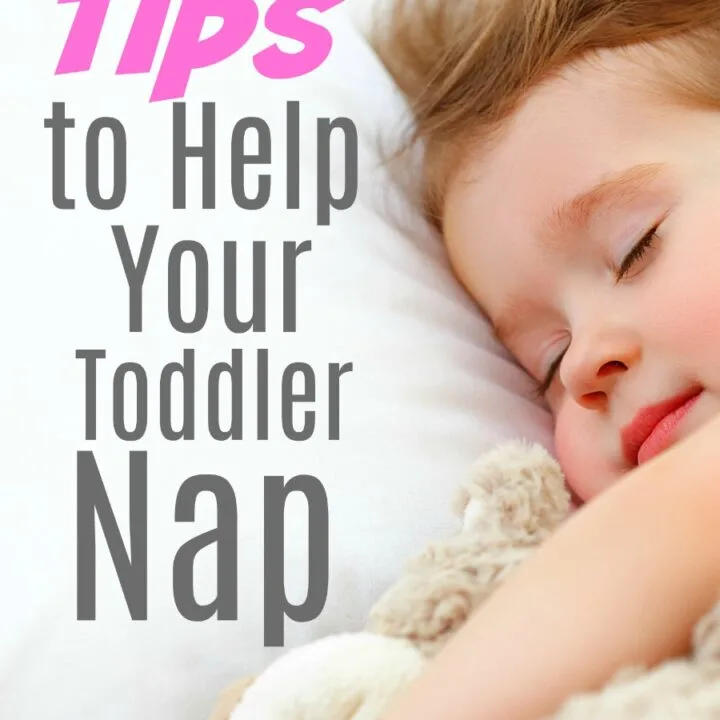
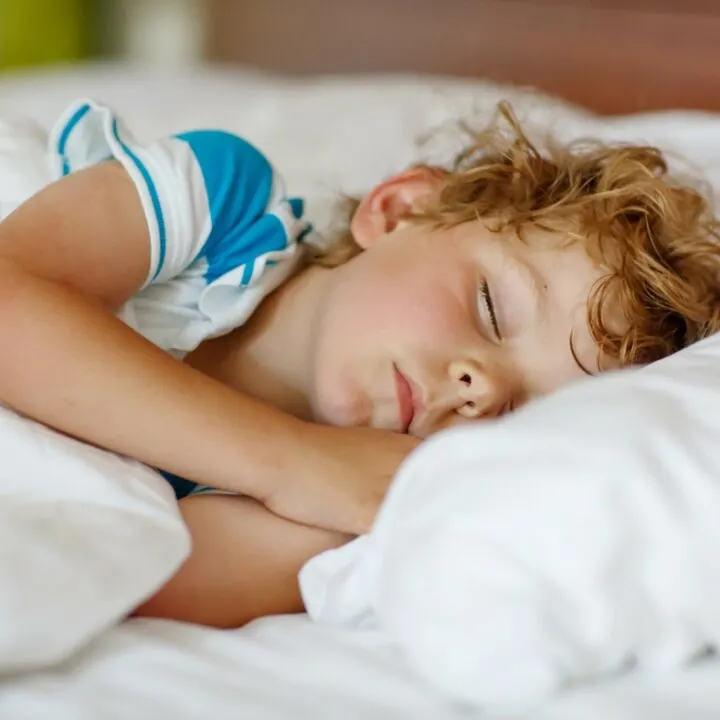
betty
Wednesday 24th of February 2021
having a better sleep is really give a lot of energy and helps your body more be productive especially to kids and babies , thanks for sahring this is nice idea and content